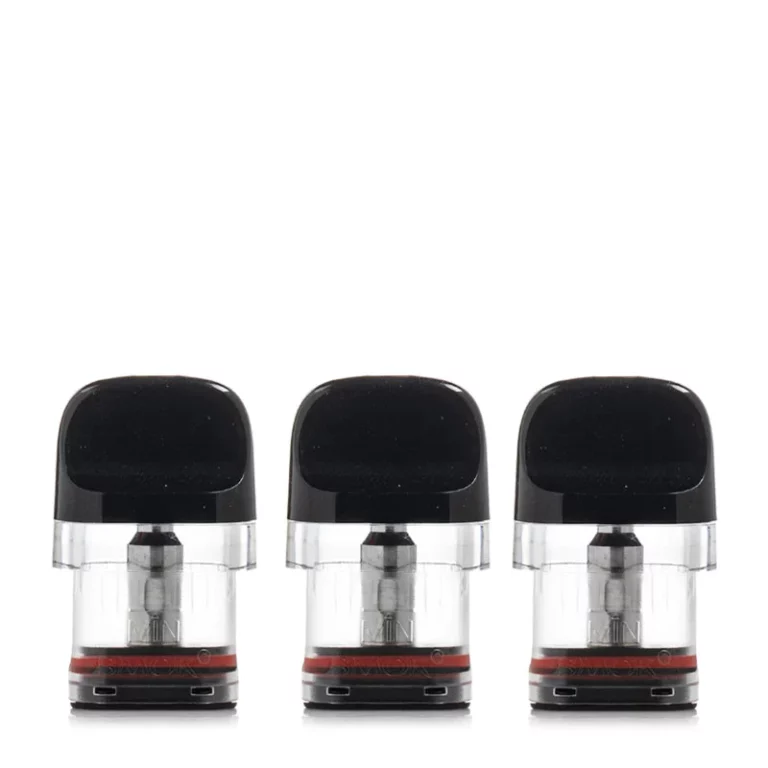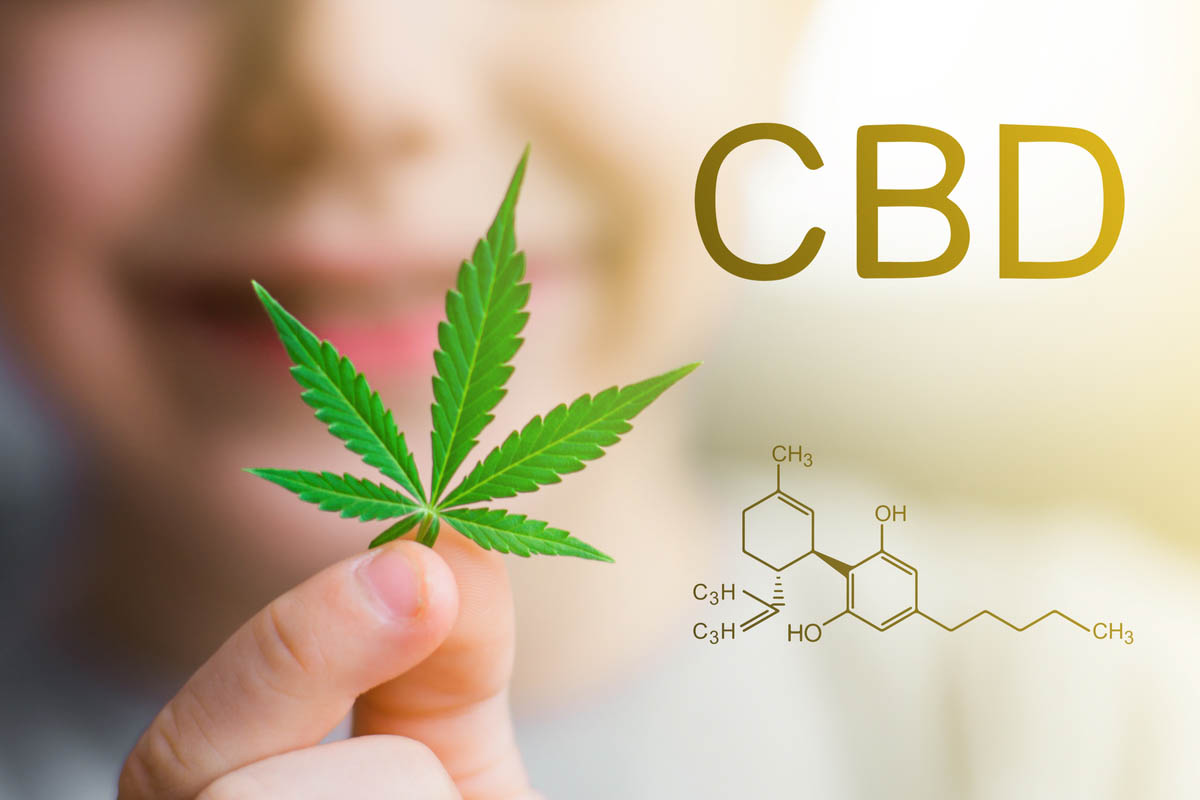Alcohol consumption is a common practice in many cultures around the world, often associated with social gatherings, celebrations, and relaxation. However, it is crucial to understand the potential risks and consequences of excessive alcohol consumption. This comprehensive guide aims to provide information on how much alcohol is considered too much, the effects of excessive drinking on physical and mental health, and guidelines for responsible drinking.
Understanding Alcohol Units and Standard Drink Sizes:
To determine how much alcohol is considered too much, it is essential to understand alcohol units and standard drink sizes. In most countries, alcoholic beverages are measured in units or standard drink sizes, which help individuals monitor their alcohol intake. A standard drink typically contains around 14 grams (0.6 ounces) of pure alcohol.
Guidelines for Responsible Drinking:
The guidelines for responsible drinking vary across different countries and organizations. However, a general recommendation for moderate alcohol consumption is:
- Men: Up to two standard drinks per day
- Women: Up to one standard drink per day
- These guidelines take into account the average metabolism and differences in body composition between men and women. It is crucial to note that these recommendations are not a “green light” to drink every day but rather an upper limit to minimize the potential risks.
Short-Term Effects of Excessive Alcohol Consumption:
Exceeding the recommended limits can have immediate and noticeable effects on the body and mind. These effects include:
- Impaired judgment and decision-making abilities
- Slowed reflexes and coordination
- Increased risk of accidents and injuries
- Nausea, vomiting, and hangover symptoms
- Alcohol poisoning in severe cases, which can be life-threatening
Long-Term Effects of Excessive Alcohol Consumption:
Regularly consuming excessive amounts of alcohol over an extended period can lead to severe health consequences. Some long-term effects include:
- Liver damage, such as alcoholic hepatitis, fatty liver, and cirrhosis
- Increased risk of cardiovascular diseases, including hypertension and stroke
- Increased risk of certain cancers, such as liver, mouth, throat, esophagus, and breast cancer
- Weakening of the immune system, making the body more susceptible to infections
- Mental health issues, such as depression, anxiety, and increased risk of developing alcohol use disorder
Factors Affecting Alcohol Tolerance:
Alcohol tolerance varies from person to person, and several factors can influence an individual’s ability to metabolize alcohol effectively. These factors include:
- Body weight and composition
- Genetic factors and family history of alcoholism
- Individual metabolism and liver function
- Frequency and pattern of alcohol consumption
- Co-occurring medical conditions or medication use
Signs of Alcohol Abuse and Addiction:
Excessive alcohol consumption can lead to alcohol abuse and addiction, also known as alcohol use disorder (AUD). Signs of alcohol abuse and addiction include:
- An inability to control or limit alcohol intake
- Neglecting responsibilities and obligations due to alcohol consumption
- Continued drinking despite negative consequences on relationships, work, or health
- Developing a tolerance and needing increasing amounts of alcohol to achieve the desired effect
- Experiencing withdrawal symptoms when attempting to stop drinking
Seeking Help and Support:
If you or someone you know is struggling with alcohol abuse or addiction, seeking help and support is essential. Treatment options for AUD may include counseling, therapy, support groups, and inpatient or outpatient rehabilitation programs. Professional healthcare providers and addiction specialists can provide guidance and develop personalized treatment plans.
Conclusion:
Determining how much alcohol is too much depends on various factors such as individual tolerance, body weight, and overall health. It is crucial to understand the guidelines for responsible drinking, recognize the short-term and long-term effects of excessive alcohol consumption, and be aware of the signs of alcohol abuse and addiction. By practicing moderation and seeking help when needed, individuals can make informed decisions and prioritize their health and well-being. Remember, responsible alcohol consumption is key to maintaining a balanced and healthy lifestyle.
In his capacity as a Professional Blogger, he transforms his psychological insights into engaging and informative content across various topics, enriching the lives of his readers with valuable advice and wisdom. Furthermore, as a Strategic Adviser, Robert leverages his analytical thinking and strategic acumen to assist businesses in formulating effective plans and navigating complex market dynamics.
His diverse skill set, spanning psychology, blogging, and strategic consultancy, positions Robert Williams as a valuable resource for those on the path to personal growth and businesses aiming for strategic excellence.
- How To Buy Wholesale CBD And Delta 8 Thc - September 22, 2023
- Are CBD Oil And CBD Ingestible Products Legal In Europe - September 22, 2023
- Amazing Salty and Sweet Recipes Made with CBD Oil - September 22, 2023


















